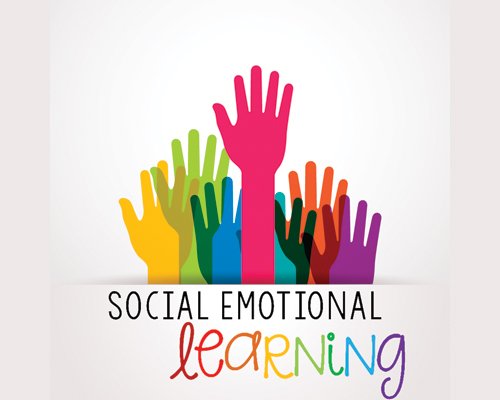Hind Louali Provides an Introduction to Social Emotional Learning (SEL)

Social emotional learning (SEL) is an increasingly popular methodology that is focused on enabling students to comprehend their emotions effectively, fully feel these emotions, and demonstrate empathy for others. As per Hind Louali, such learned behaviors are subsequently used to help students make responsible decisions, build positive relationships with others and create frameworks to achieve their goals.
Hind Louali offers a general overview of social emotional learning (SEL)
Smartly implemented, comprehensive social emotional learning (SEL) programs positively impact the performance and success of students in school, and beyond. Various social-emotional skills, starting from problem-solving to empathy and impulse control, can be useful in reducing negative social behaviors like bullying, while creating a positive environment in the classrooms.
Social-emotional skills also go a long way in enabling students to manage various aspects of their daily lives. They help students to make responsible decisions, put better focus on academics, and ultimately become supportive members of their community well beyond school.
Parents, educators and school authorities have been working together for decades to identify the best possible strategies and policies for providing effective academic understanding to the learners. However, in the journey of life, simply the knowledge gained from books is not enough. People also need to develop and hone a range of practical and social skills. Social and emotional learning is an educational idea that can help students to gain valuable skills required for their social, personal, and professional success.
Here are the key elements of social-emotional learning:
- Self-awareness: This skill helps learners to gain a deeper understanding of their own self, including what they are passionate about, with whom they can bond and what behavioral traits they have. With better self awareness, students would be able to identify their strengths and weaknesses more effectively. By working on their weak points and honing their strengths, one would be in a better position to face and overcome obstacles in life, and reach their goals.
- Social awareness: Having robust social skills is critical to both academic and professional development. SEL programs can help students to connect with their peers, understand and accept their varying personalities and backgrounds, and ultimately form strong connections. Mutual respect, empathy and compassion are a few valuable skills that are developed along with social awareness.
- Relationship management: Developing and maintaining strong relationships is vital to social emotional learning. SEL programs can teach students how to communicate clearly, collaborate and cooperate with one another, and provide help whenever needed. Various types of SEL activities like debates and group discussions tend to be conducted to enable students to work in groups, exchange varying opinions and ultimately connect better with each other.
- Self-management- This implies to the ability to control one’s emotions, impulses and behavior. Students with proper SEL training can adapt to diverse settings and usually respond to change positively.
The Covid-19 pandemic has been highly challenging for learners of almost all age groups. The sudden shift from offline to online learning and then coming to schools subsequent to a two-year gap has impacted the mental health and academic performance of students. As per Hind Louali, it is vital to have social-emotional learning programs and activities in schools to support such students, and contribute to their holistic growth.



